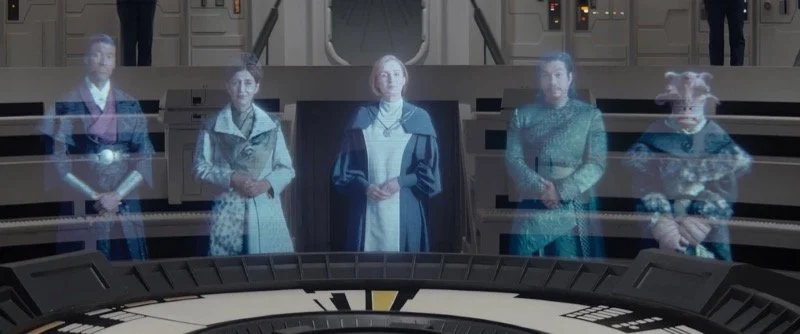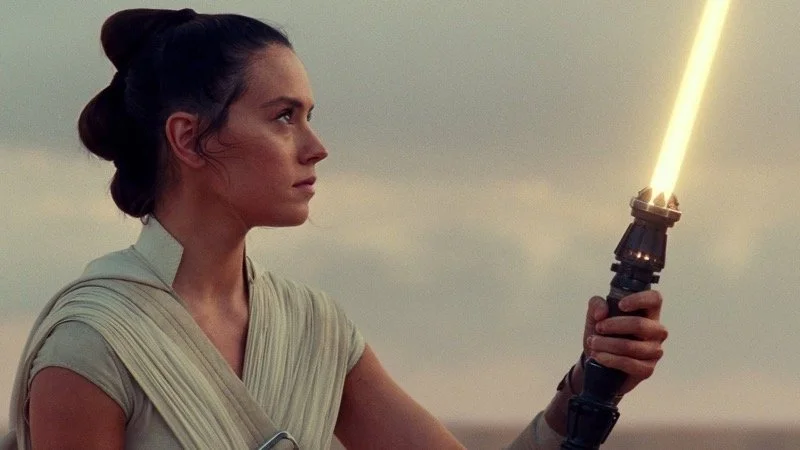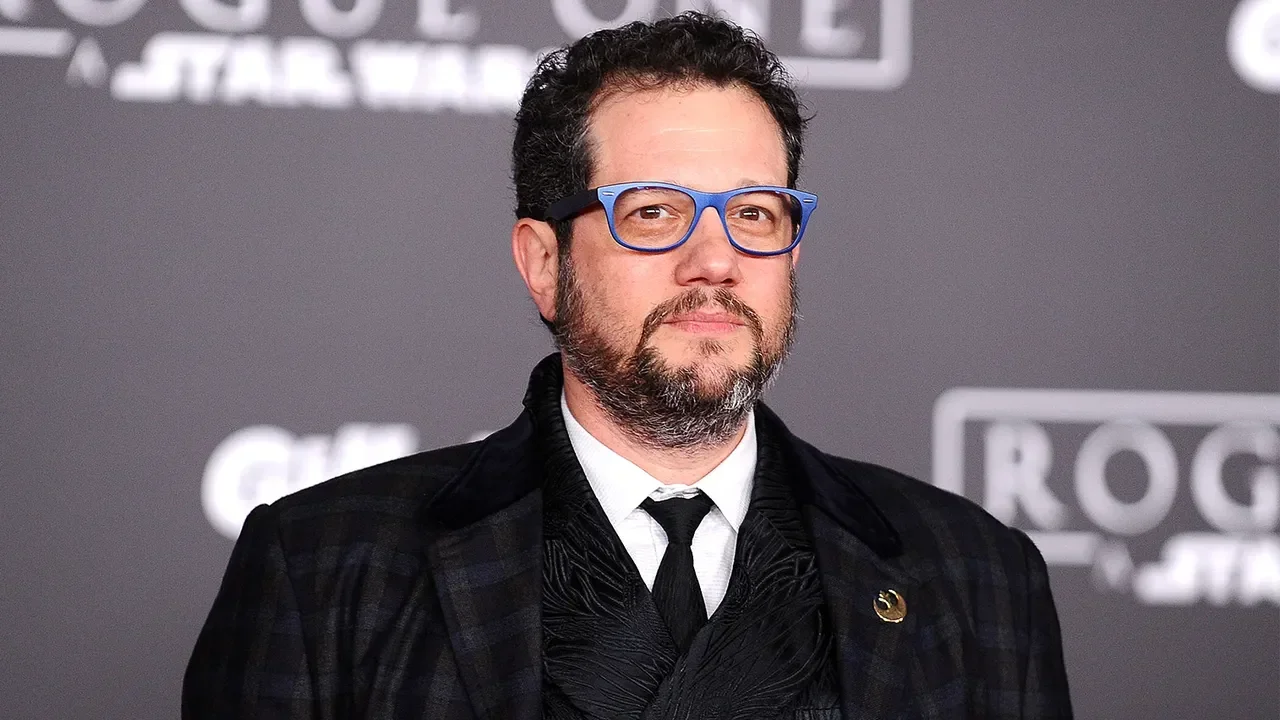More Than Just 'The Skywalker Saga': A New Republic
Image Source: Pxfuel
Despite all the criticism of the Sequel Trilogy, its missing cohesiveness, weak story-telling, or the lack of character development, the end of The Rise of Skywalker presents an interesting question: What's next? Such a question was far less prevalent after the Battle of Endor, as it had been clear all along that the Rebel Alliance was only a means to an end to reestablish a new galactic republic after the defeat of the Empire and that Luke Skywalker would rebuild the Jedi Order ("Pass on what you have learned.").
But the situation is different after the Battle of Exegol. Leia Organa and Mon Mothma, the leaders of the Rebellion and the later New Republic, are gone, as well as Luke Skywalker and his failed plan to bring back the Jedi. Although Rey did take on the name Skywalker at the end of Episode IX, Lucasfilm has made it very clear that The Skywalker Saga is done.
So again: What's next?
RELATED:
A ‘New’ New Republic?
Just as the Empire didn't suddenly disappear after the Battle of Endor, the Battle of Exegol was not the end of the First Order. There is still very little information about how widespread the First Order was, but its existence outside the Unknown Regions was far shorter than that of the Galactic Empire, which still had not expanded its reach into every corner of the galaxy. But even if the parts of the galaxy under First Order occupation were relatively small, it would still take some time until its last holdouts were defeated.
At the end of The Rise of Skywalker, Lando Calrissian hinted that the growing number of uprisings against the First Order could someday lead to a new Republic of some sort.
It is, however, unlikely (and would also be a sign of weak storytelling) that the New Republic will be directly followed by another "new" Republic. Though the Galactic Republic, which stood for one millennia before the rise of the Empire, ensured peace and prosperity for most of the galaxy, its last years were plagued by corruption and inefficiency.
Image Source: Wookieepedia
Mon Mothma and the leaders of the New Republic, eager to not make the same mistakes again, based the new structure on democracy, equal rights, and the voluntary principle of joining. At the same time, their fear of another wide-reaching conflict lead to a de-militarization policy and seeming ignorance of the growing provocations of the First Order. While some already regarded this more laissez-faire approach as too much interference in their matters, others longed for a strong hand to rule the galaxy. leading to the separation of the New Republic into the Populist and the Centrist factions and ultimately to the rise of the First Order.
So, there is probably no intention to try something again that has failed twice before. Furthermore, with the lack of strong political leaders such as Leia and Mon Mothma, the galaxy might even face a period without a central government at all, but a kind of vacuum of power, where each system or even each planet stands on its own, forging alliances with others if they see fit. A situation not unlike that of Europe in the medieval period, with countless city-states existing alongside each other. Needless to say, such a structure is highly unstable and likely to lead to a lot of conflicts and locally spreading wars.
In the long run, however, some sort of a more central regime will likely reemerge, even if it is not in the form of another Republic.
In the now Legends comic series Legacy, set more than 130 years after the Original Trilogy, the galaxy was ruled by a more or less benevolent Empire that even employed a Jedi-like force called the Imperial Knights.
Image Source: Wookieepedia
As Lucasfilm has become more open to bringing characters and ideas from the former Expanded Universe back into the current canon, a concept like this could become the future of the Star Wars galaxy.
A New Jedi Order?
In a recent interview, Kathleen Kennedy remarked that an important question to be addressed in the upcoming Rey/New Jedi Order movie directed by Sharmeen Obaid-Chinoy will be if the galaxy even needs Jedi anymore.
Although Andor and The Bad Batch have proven that it is possible to tell good stories without Jedi, the Force has always been an integral part of Star Wars.
Hopefully, Lucasfilm will not try to resurrect Palpatine another time or create a kind of "Darth of the Week" Sith-Wannabe, as the former Expanded Universe has done on various times. Even if Rey were, in fact, the last Jedi, there are countless beings with Force abilities throughout the galaxy, with some drawn more towards the light and others feeling a pull to the dark side, even if they are not formally trained in the ways of the Jedi or the Sith.
Image Source: Geektyrant
Although Andor and The Bad Batch have proven that it is possible to tell good stories without Jedi, the Force has always been an integral part of Star Wars.
Hopefully, Lucasfilm will not try to resurrect Palpatine another time or create a kind of "Darth of the Week" Sith-Wannabe, as the former Expanded Universe has done on various times. Even if Rey were, in fact, the last Jedi, there are countless beings with Force abilities throughout the galaxy, with some drawn more towards the light and others feeling a pull to the dark side, even if they are not formally trained in the ways of the Jedi or the Sith.
As the new film takes place 15 years after Episode IX, it will be nearly 70 years since Order 66, and the Jedi will have fallen even more into obscurity than they had at the beginning of the Sequel Trilogy. So their most dangerous enemy might not even be a new Sith Lord, but a galaxy that doesn't know or doesn't care if the Jedi and their order even exist.
But the role the Jedi will play in this new era will also be closely linked to the political state of the galaxy: if there is a new central power (be it good or bad), chances are, there will also be a (central) Jedi Order, that either supports or opposes this regime. But if the galaxy is split into countless small kingdoms, these new Jedi will likely operate in a decentralized manner as well, roaming the galaxy without formal missions and helping out when they see a problem.
A scenario like this might also harken back to the upcoming Star Wars film by James Mangold, which will tell the story of the very first Jedi. The Jedi of the post-Sequel era might find themselves in a similar situation to this Prime Jedi, forced to find their place and role in a galaxy that knows nothing about them.
Image Source: Screenrant
There might even be factions of light-side Force users who are at odds with one another and only see themselves as the true servants of the Force, a concept that has come up in the recent High Republic comics.
In any case, the creators of future Star Wars stories, be it for the big screen, TV shows for Disney+, books, comics, or video games, have the chance and also the responsibility to do a lot of world-building, to keep their stories interesting and non-repetitive to what has gone before. Lucasfilm has already proven that it is capable of doing so in both the stories of The Old Republic and The High Republic and hopefully soon also within the timeframe beyond The Skywalker Saga.
READ NEXT:

















